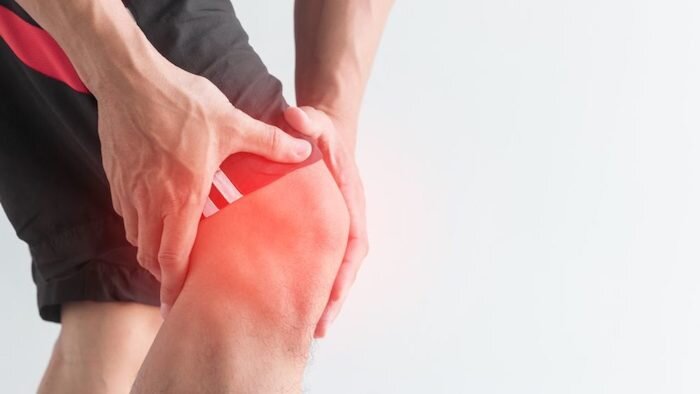
Aside from being one of the largest joints in your body, your knee is also one of the most complex joints, creating ample opportunity for knee pain. Whether your pain stems from an acute injury or a degenerative problem, the experienced team can help.
What Is The Structure Of The Knee?
Your knee is comprised of the following:
- Three bones – your tibia, femur, and patella
- Ligaments
- Tendons
- Muscles
- Articular cartilage
- Menisci
- Bursae
The list gives you a general idea of the number of areas where knee pain can strike.
What Are The Most Common Causes Of Knee Pain?
Knee pain is often the result of one of two things:
- Acute Injury: On any given day, especially if you’re active, your knee is constantly working as you move forward, backward, and side to side, and as you stop, turn, rotate, and jump. Any one of these movements can cause an acute injury. The most common injuries are:
- Anterior cruciate ligament (ACL) tear
- Fractures
- Torn meniscus
- Bursitis
- Degenerative Issues: Arthritis, in its many forms, can cause considerable knee pain as your joint is robbed of lubrication and your cartilage breaks down, causing painful swelling. The most typical forms of arthritis that can affect the knee are -
- Osteoarthritis
- Rheumatoid arthritis
- Gout
While not as common, your knee may also have mechanical issues or systemic conditions, such as complex regional pain syndrome, that lead to knee pain.
When Should I Seek Help For Knee Pain?
With an acute injury, you should make an appointment if you’ve applied the RICE (rest, ice, compression, and elevation) method for more than 24 hours with little or no improvement.
For chronic knee pain of any kind, you should see an expert. Most causes of chronic pain are progressive conditions that will only worsen over time, making early intervention a good idea.
How Is Knee Pain Treated?
There are several effective treatment options, including:
- Anti-inflammatory medications
- Corticosteroid injections
- Hyaluronic acid injections
- Stem cell therapy
- Platelet-rich plasma therapy
- Physical therapy
Your doctor’s mission is to "Restore Function & Relive Life". If you require surgery, your doctor works alongside your orthopedic team to make sure that your pain is remedied, allowing you to regain an active lifestyle.
Precision Pain Care and Rehabilitation has two convenient locations in Richmond Hill – Queens and New Hyde Park – Long Island. Call the Queens office at (718) 215-1888, or (516) 419-4480 for the Long Island office, to arrange an appointment with our Interventional Pain Management Specialist, Dr. Jeffrey Chacko.













